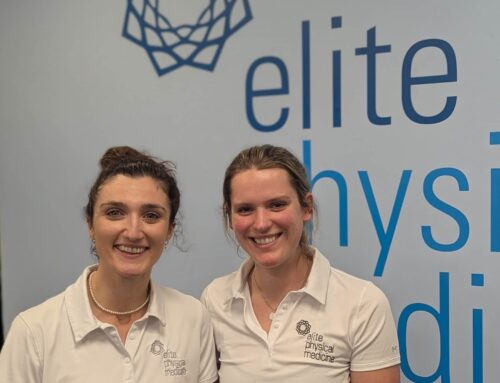How Athletes Adapt Their Training During Ramadan
As a physiotherapist and keen sportsman observing Ramadan, I understand firsthand the challenges of balancing fasting with maintaining peak physical performance. During this sacred month, athletes must carefully adjust their training schedules to align with their energy levels, ensuring they can still perform at their best while respecting their fast.
Many athletes, including myself during my football or cricket season, modify their training times, often opting for early morning sessions after Suhoor or post-Iftar workouts when hydration and nutrition are restored. Training intensity is also adapted, with a focus on skill-based drills, mobility work, and lower-intensity sessions during fasting hours, while higher-intensity exercises are reserved for when the body is properly fuelled.
Support from coaches, physiotherapists, and strength and conditioning professionals is crucial. At Elite Physical Medicine, we advise athletes on periodisation strategies that prevent fatigue and optimize recovery. Teams and clubs also play a role in adjusting match and training schedules to support fasting athletes, ensuring they can perform at their peak without compromising their health.

Nutritional Strategies for Strength and Endurance During Ramadan
Proper nutrition is essential in maintaining energy levels and muscle recovery while fasting. Based on both scientific research and personal experience, I recommend the following strategies:
Adjusting Training Intensity to Match Energy Levels
During Ramadan, energy levels fluctuate, making it important to tailor workouts accordingly. Here’s how you can adapt your training:
Success Stories of Athletes Fasting and Competing
Many elite athletes continue to train and compete at the highest level during Ramadan. Footballers like Karim Benzema and Mohamed Salah have spoken about their experiences balancing fasting with peak performance. These examples reinforce the fact that with the right approach to nutrition, hydration, and training, athletes can continue excelling in their respective sports.
At Elite Physical Medicine, we believe that understanding and respecting the cultural and physiological needs of our patients is essential to optimising their health and performance. Ramadan is not a barrier to sporting success—it is an opportunity to develop discipline, resilience, and a greater awareness of the body’s capabilities. By making thoughtful adjustments, athletes can continue pushing their limits while honoring their faith.
Ramadan Mubarak to all the those observing this special month and wishing you the best in keeping up your fitness and physical health!



